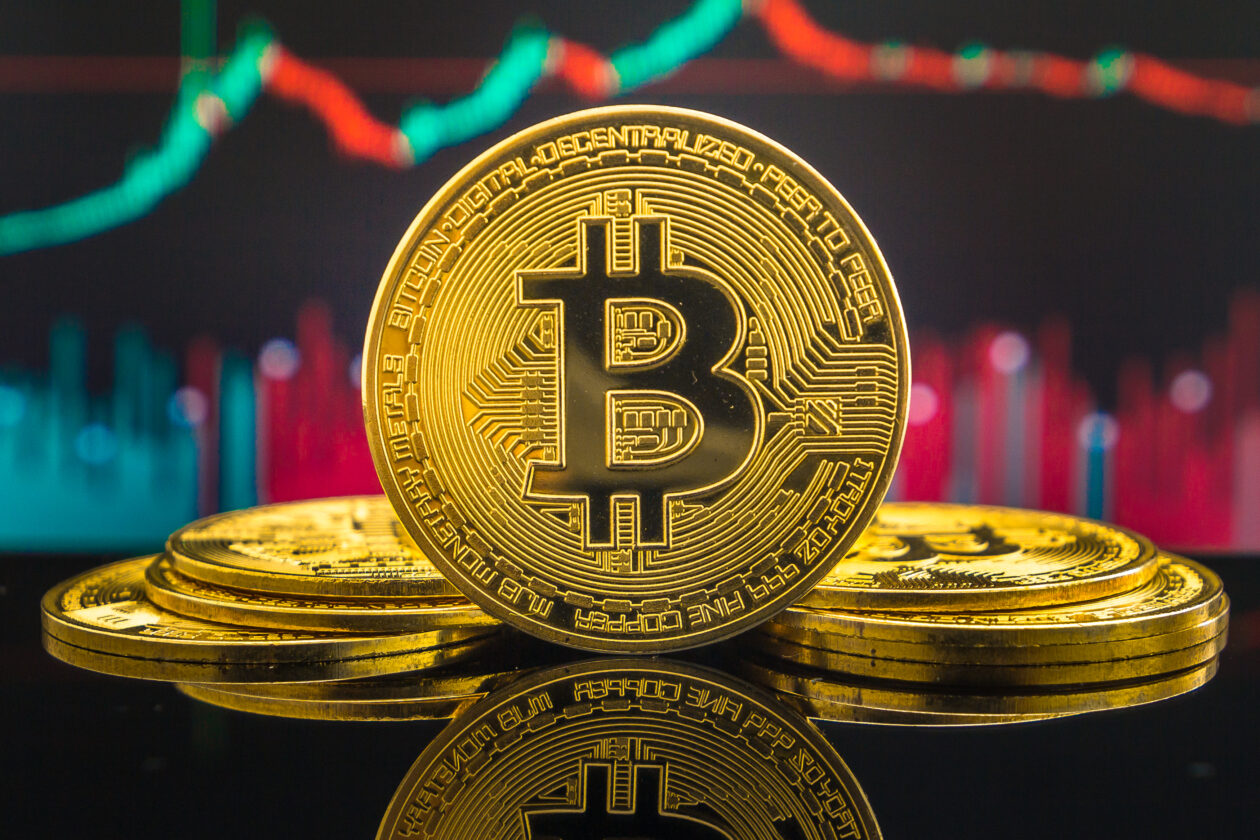Bitcoin slipped in Wednesday afternoon trade in Asia but remained above the US$30,000 mark. Ether prices sank, along with all top 10 non-stablecoin cryptocurrencies by market capitalization, with Cardano and Dogecoin as the biggest losers. Asian equity markets traded mixed as investors were cautious ahead of U.S. inflation data later on Wednesday that will likely determine interest rate decisions next month.
See related article: Ethereum blockchain upgrade unlocks US$34 billion in Ether, what does it mean for crypto prices?
Fast facts
- Bitcoin, the world’s biggest cryptocurrency by market capitalization, dropped 0.4% to US$30,003 in 24 hours to 4 p.m. in Hong Kong, but strengthened 5.16% on the week, according to CoinMarketCap data.
- Ethereum lost 2.68% to US$1,871, while posting a weekly loss of 2.05%. Ethereum’s decline came ahead of the blockchain’s Shanghai hard fork, also called the Shapella upgrade, scheduled for Thursday morning Hong Kong time which will allow withdrawal of staked Ether for the first time.
- Cardano’s ADA token was the biggest loser among top 10 cryptos, dropping 3.89% in 24 hours to US$0.395.
- Dogecoin was the second-biggest loser of the day, falling 3.83% to US$0.08217 and losing 15.16% on the week. The memecoin’s supporter Elon Musk, also Twitter’s chief, tweeted “X” on Tuesday amid speculation on his plans for the social media platform after reports of its merger with a newly formed shell company called X Corp.
- The global crypto market capitalization sank 1.38% to US$1.22 trillion, while the total crypto market volume declined 15.01% to US$41.29 billion in the last 24 hours.
- The Forkast 500 NFT index rose 1.2% to 3,985.99 points during the day and fell 1.12% during the week. The index is a proxy measure of the performance of the global NFT market and includes 500 eligible smart contracts on any given day.
- Asian equity markets were mixed ahead of U.S. March inflation data due for release later on Wednesday, which is expected to determine interest rates and the direction of the economy. The March Consumer Price Index is expected to slow to 5.2%, the slowest since May 2021 and a decline from 6% annual gain in February.
- “Investors are increasingly concerned that the Fed’s overtightening now – when monetary policy time lags are notoriously long – could steer the U.S. economy into a recession,” said Nigel Green, chief executive of financial advisory firm deVere Group.
- The Shanghai Composite rose 0.41% while the Shenzhen Component Index gained 0.05%. Hong Kong’s Hang Seng Index dipped 0.86% and Japan’s Nikkei 225 strengthened 0.57%.
- European bourses hovered near one-month highs, as the benchmark STOXX 600 rose 0.25%, Germany’s DAX 40 inched up 0.43% and France’s CAC 40 gained 0.36% to an all-time high of 7,418 points, extending gains for a third consecutive day.
- The U.S. dollar index slid 0.01% to remain above 102, while the euro strengthened 0.1% to US$1.09.
- Gold mostly traded flat around US$2,009 per ounce, after briefly hitting US$2,021 earlier in the day. The precious metal saw upside momentum for the second consecutive day as investors were cautious ahead of the U.S. inflation report.
- See related article: NFT.NYC is back to deliver the Woodstock of NFTs







